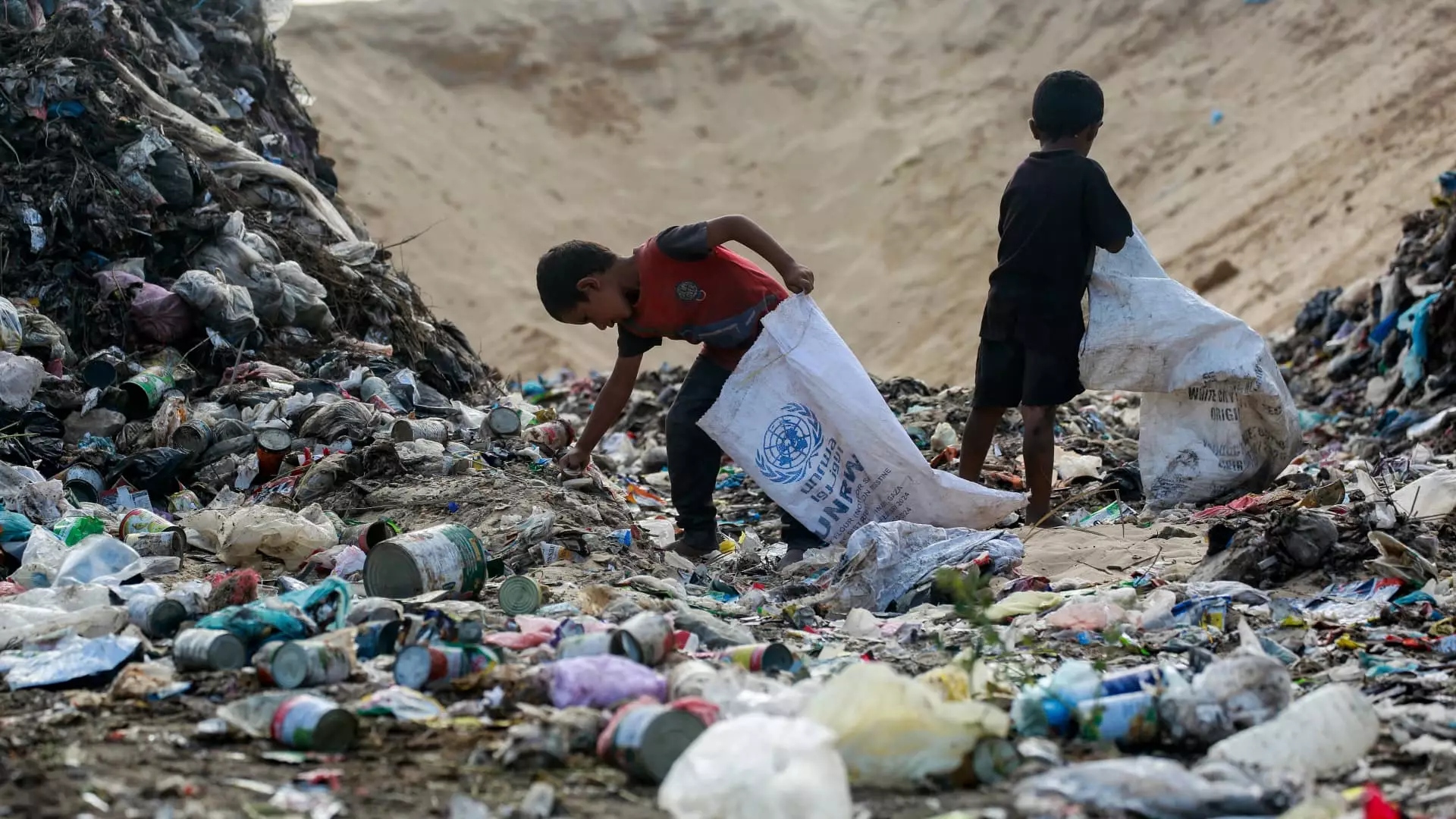In a decisive move to address the worsening humanitarian crisis in Gaza, the Biden administration has issued a significant ultimatum to its long-standing ally, Israel. In a recent letter sent to Israeli Defense Minister Yoav Gallant and Minister of Strategic Affairs Ron Dermer, U.S. Secretary of State Antony Blinken and Defense Secretary Lloyd Austin expressed serious concerns over the continuous decline in humanitarian conditions and the potential implications for military assistance. The letter hinted that if the situation does not improve within the next month, U.S. military aid could face restrictions. This warning underscores a pivotal moment in U.S.-Israel relations, emphasizing that American support may hinge on Israel’s responsiveness to humanitarian needs in Gaza.
Secretary Blinken and Secretary Austin cited U.S. law as a pivotal factor in their communication. The administration is bound to monitor whether Israel’s actions are “directly or indirectly” obstructing the flow of humanitarian assistance to Gaza. Such assessments will dictate the continuation of Foreign Military Financing. This intersection of humanitarian law and military assistance is complex, as the U.S. grapples with balancing its strategic alliance with Israel against rising domestic and international calls for accountability regarding humanitarian violations. The Biden administration’s insistence on compliance with its own legal frameworks further complicates this relationship, demanding a proactive approach from Israel to ensure that American military support does not coalesce with humanitarian disregard.
Reports from the Gaza Ministry of Health illuminate the grim reality on the ground, with casualties rising dramatically since the onset of hostilities in October 2023. The significant death toll, exceeding 42,000, reflects not only the devastation of immediate military actions but also the broader humanitarian plight facing civilians. As organizations like Oxfam and Medical Aid for Palestinians amplify their calls for intervention, the situation in Gaza has garnered global attention, prompting questions about the ethical ramifications of continued military support for Israel amidst such widespread suffering. The deterioration of conditions raises urgent questions about the international community’s role in safeguarding human rights and delivering humanitarian aid.
The Biden administration’s letter is also emblematic of a broader shift in U.S. domestic politics. Progressive factions within the Democratic Party and advocacy groups have increasingly pressured President Biden to reconsider military support in light of humanitarian concerns. This changing landscape reflects a growing constituency within the U.S. that demands acknowledgment of Palestinian rights alongside Israeli security. The push from figures such as IfNotNow’s spokesperson Eva Borgwardt signals a clarion call for a reevaluation of military dynamics, urging the administration to leverage its substantial influence over Israel to foster a ceasefire and promote peace. This tension illustrates a complex narrative, wherein traditional U.S. support for Israel faces scrutiny from within its political fabric.
Despite the letter’s stark warnings, the U.S. has continued to bolster its military partnership with Israel. Recent announcements of troop deployments and advanced defense systems to counter regional threats suggest that the administration remains committed to supporting its ally amidst escalating tensions in the Middle East. However, this dual approach raises questions about the coherence of U.S. policy—how can the Biden administration effectively champion humanitarian considerations while simultaneously enhancing Israel’s military capabilities?
The call for restraint and reassessment of military funding may reflect a deeper realization within Washington about the necessity for sustainability in international relationships. The delicate balance of power, aid, and ethical considerations presents a unique challenge for the Biden administration moving forward.
The coming weeks will be critical as the Biden administration navigates the complex interplay between humanitarian needs and military relations in the Middle East. As Israel faces mounting international scrutiny, the U.S. must determine whether its traditional support can coexist with the urgent humanitarian calls for action. In a world where public opinion is evolving, and international norms are being challenged, the administration’s next steps could signify a transformative chapter in U.S.-Israel relations. The commitment to improving conditions in Gaza will not only shape the future of American foreign policy but also set a precedent for how global partners are held accountable in times of crisis. The very essence of this relationship hangs delicately in the balance.


Leave a Reply